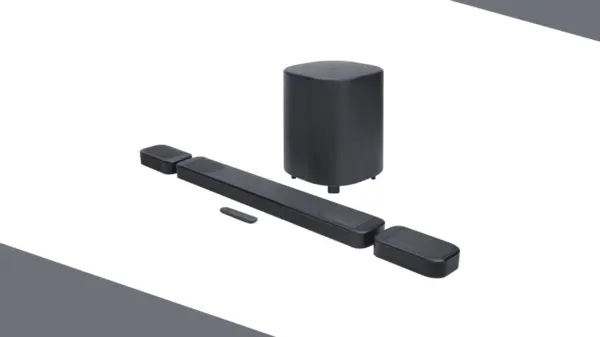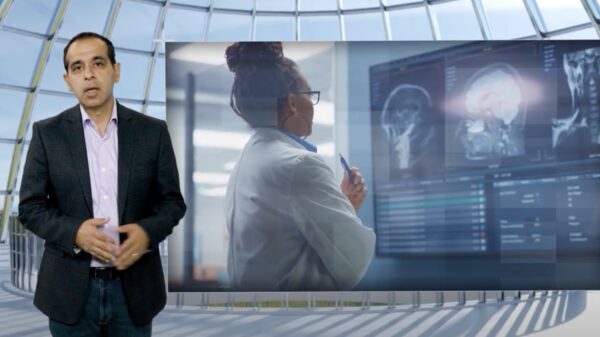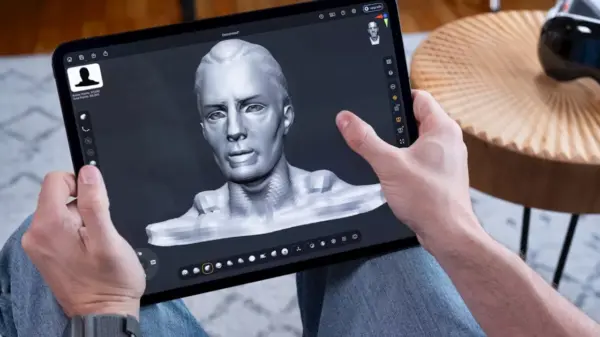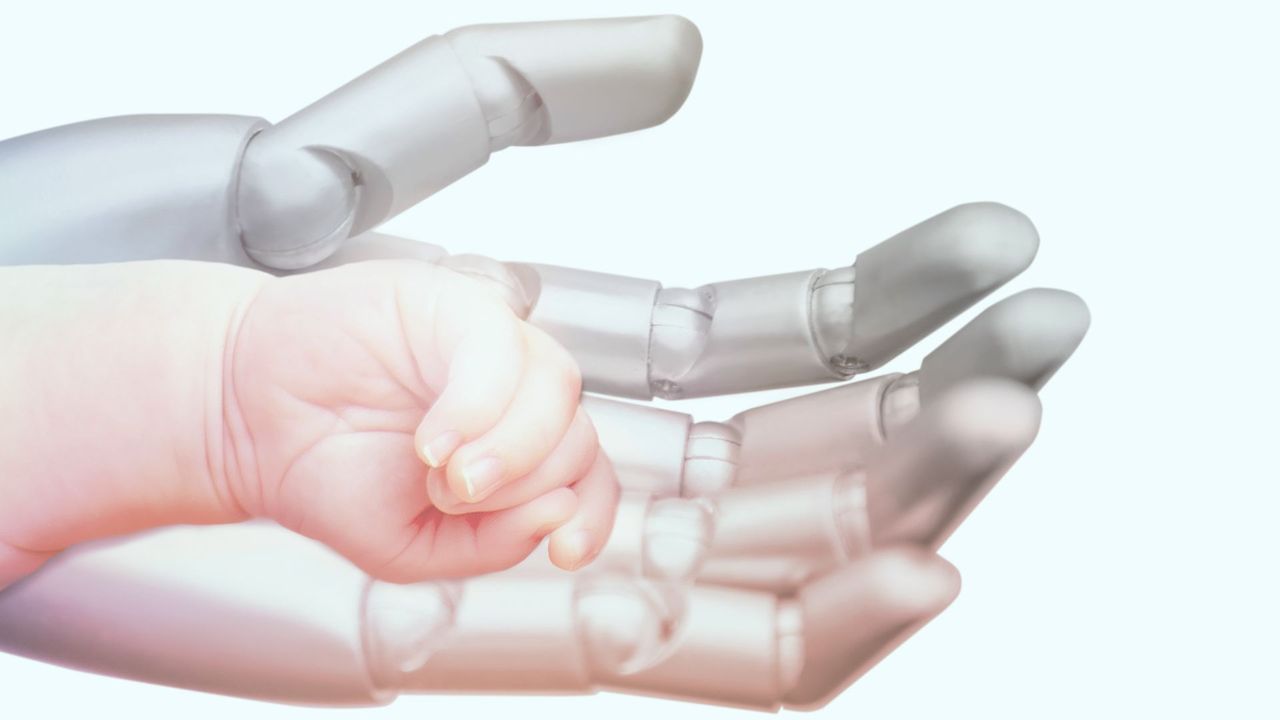A story claiming that a CEO of a technology company in China is developing a “pregnancy robot” has gained significant attention this week. The report suggested that a prototype could be ready by next year, capable of sustaining a human pregnancy from conception to birth over a period of approximately ten months. Despite its viral nature, the tale is entirely fictional. Nevertheless, it has prompted discussions about the feasibility of such technology and the ethical issues it could raise.
The idea of a robot capable of managing a human pregnancy poses numerous questions. Could modern technology ever reach a point where this concept becomes a reality? The answer is complex, as it intertwines advancements in robotics, artificial intelligence, and the biological processes of pregnancy. While researchers and developers have made strides in reproductive technologies, creating a fully functional pregnancy robot remains within the realm of science fiction.
In light of the story, many are left pondering whether they would consider using such a technology if it were to become available. A poll has emerged inviting public opinion on the matter, allowing individuals to express their thoughts on this innovative yet controversial concept. The question remains: if faced with the choice, would you embrace the idea of a “pregnancy robot”?
The discussion extends beyond mere curiosity. It touches on significant ethical dilemmas, such as the implications for maternal health, the role of technology in human reproduction, and the emotional aspects of pregnancy. As society continues to grapple with these advancements, it is essential to consider how technology intersects with human experiences.
While the notion of a pregnancy robot may be far-fetched today, it serves as a catalyst for deeper conversations about the future of reproductive technology. Innovations in this field could reshape traditional views on pregnancy and parenting, challenging societal norms and personal beliefs.
As technology continues to advance, the boundaries of possibility expand. The intersection of robotics and human reproduction will likely be a focal point in discussions about ethical implications in the years to come. Engaging in these conversations is crucial as we navigate the complexities of what the future holds in a rapidly evolving technological landscape.
For now, the “pregnancy robot” remains a fictional concept, but its implications could pave the way for groundbreaking discussions and developments in reproductive health and technology. Share your thoughts in the comments and participate in the poll to express your stance on this intriguing idea.






































































